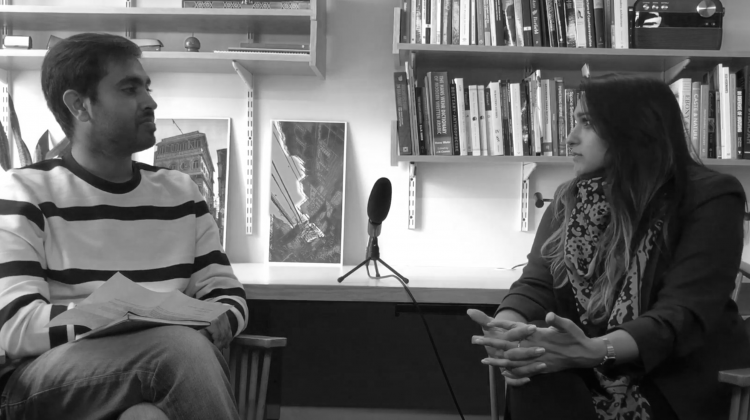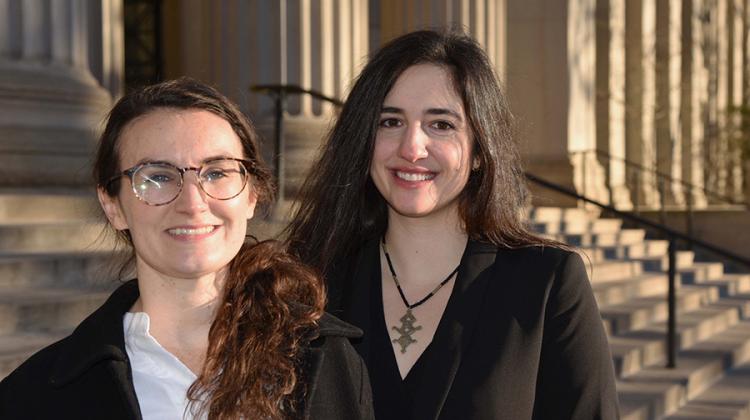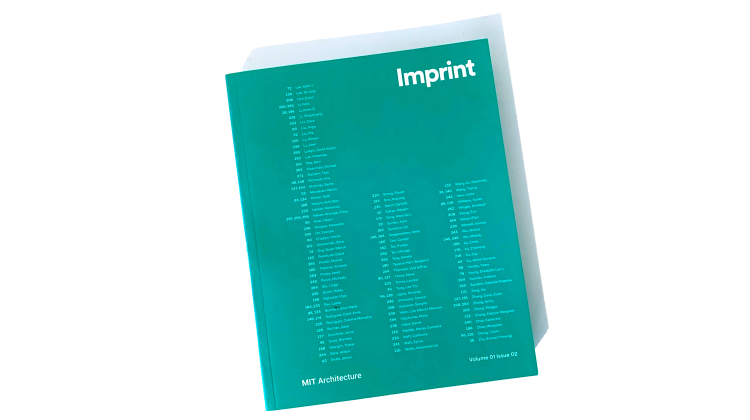Aga Khan Program for Islamic Architecture
- Image
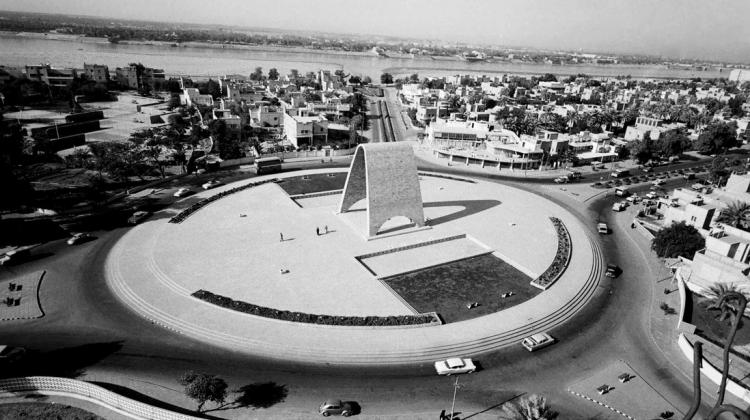
View of the demolished Tomb of the Unknown Soldier, Baghdad, 1959
- Image
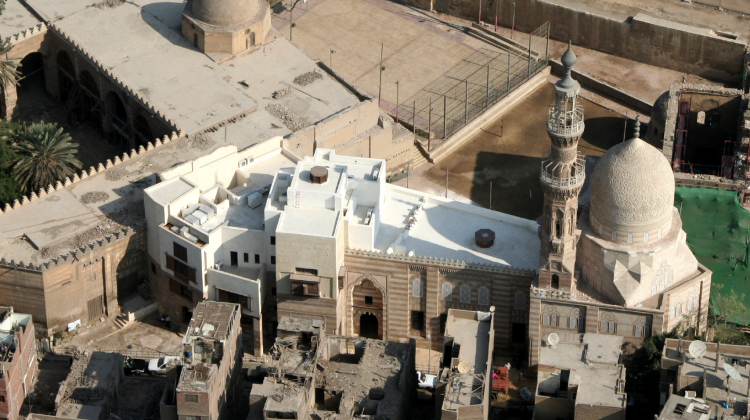
Amir Khayrbak Funerary Complex, Cairo, 1502
- Image
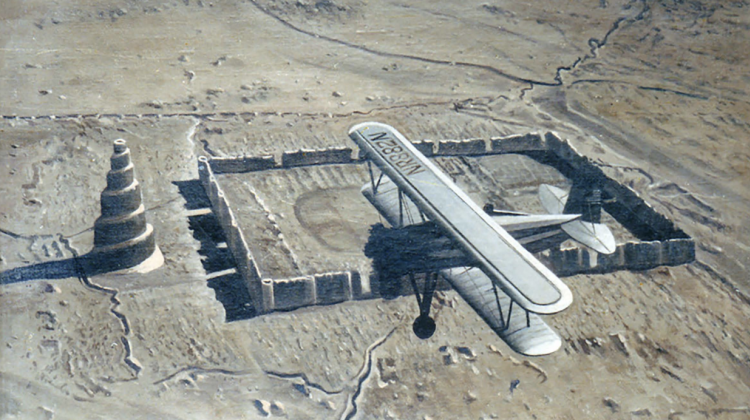
The Flying Carpet airplane, aloft over Samarra, Iraq, north of Baghdad, 1931
- Image
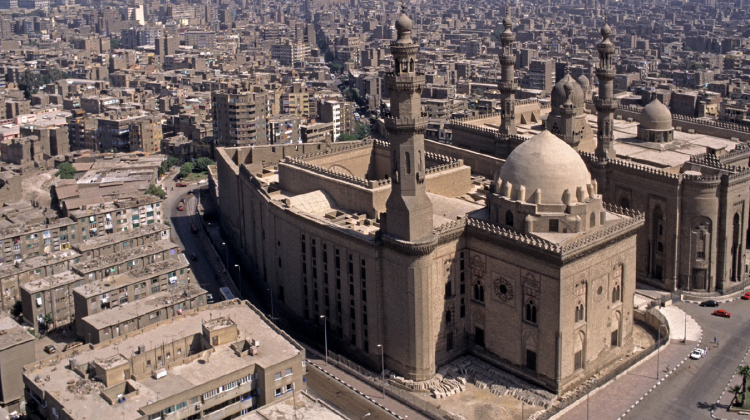
Mosque-Madrasa of Sultan Hassan, Cairo, 1363
Contact
Diana Rooney
AKPIA Discipline Group Assistant
diana760@mit.edu
Overview
Established in 1979 through an endowment from His Highness the Aga Khan, the Aga Khan Program for Islamic Architecture (AKPIA) at MIT is a leading international graduate program designed to promote, sustain, and increase the study and teaching of architecture in the Islamic world. It prepares students for careers in research, design, and education. AKPIA@MIT concentrates on the critical study of the history and historiography of Islamic architecture and urbanism; urgent issues facing cities and landscapes in the contemporary Islamic world; heritage issues; the problems of mass urbanization, informal settlement, migration and forced displacement in the global context; and the quality and conditions of civic space. The siting of AKPIA in MIT's Department of Architecture is intended to challenge the polarizing dichotomy between the discipline of architecture and Islamic Architecture as a field of research and study. The program has strong links with the Department of Urban Studies and Planning, at MIT, the Aga Khan Programs at Harvard, the Aga Khan Trust for Culture (AKTC), and the Aga Khan Development Network (AKDN).
AKPIA@MIT Website
See the AKPIA@MIT website for extended current and historical information about the Aga Khan Program at MIT.
Academic Programs
AKPIA offers an advanced SMArchS degree for students specializing in the architecture and urbanism of the Islamic world, as well as a PhD degree within the framework of the History, Theory & Criticism (HTC) program with a focus on the history, theory, and criticism of Islamic architecture or urbanism. Undergraduates may concentrate in Middle Eastern Studies using subjects offered by AKPIA. Program funds are offered to graduate students admitted to both SMArchS and PhD AKPIA programs. However, since funds are very limited, no student should expect full support. Currents students and alumni can be found on the AKPIA website.
See Graduate Programs for degree requirements.
PhD
PhD in History and Theory of Architecture or History and Theory of Art
HTC offers two tracks of study within the PhD program: History and Theory of Architecture and the History and Theory of Art. Degree requirements and admissions procedures for both tracks are the same.
The program in History, Theory and Criticism (HTC) draws from the unique range of disciplines and professions within the Department of Architecture. The program emphasizes the study of art, architecture, and urbanism, past and present, produced in a broad range of geographic areas, as well as methodological issues that inform or link the history of ideas and practices. HTC was founded in 1975 as the first PhD program of its kind in a school of architecture. Its mission is to promote critical and theoretical reflection within the disciplines of architectural and art history. HTC differs from other architectural programs in that it has art historians on its permanent faculty. Visiting scholars are annually invited to teach, supplementing the core faculty.
Continuous registration is required until completion of the dissertation. Generally all subject/course work is completed by the end of the second year of residency and all other requirements, except for the dissertation, are completed by the end of the third year. The final two years are devoted to dissertation research and writing culminating in a defense at the conclusion of the fifth year.
Islamic Architecture and Urbanism Concentration
Within the History and Theory of Architecture or Art PhD, there is a concentration in Islamic Architecture, urbanism, and Art. The History, Theory and Criticism Section at MIT is the first phd program of its kind in the nation. Its mission is to encourage advanced historical research and to promote critical and theoretical reflection within the disciplines of architectural and art history. The concentration on Islamic architecture and urbanism is an integral part of the HTC section. One student is admitted each year to work on an Islamic subject and funded through the Aga Khan Program endowment.
Research projects vary in scope, method, and range from the classical period to the present. Recent Ph.D. topics can be found on the HTC Dissertation and Theses section of this website.
Faculty Advising
Each student is assigned an HTC or AKPIA faculty advisor upon admission. Generally it is the same faculty member designated to supervise research, and students are encouraged to work with HTC/AKPIA faculty as a whole. The advisor will consult on the initial plan of study and on each subsequent term's selection of subjects. The advisor monitors the student's progress throughout each phase of the degree and will assist the student in selecting a dissertation committee. Students generally select their dissertation advisor by the end of the fourth semester (Yr 2)
SMArchS
Master of Science in Architecture Studies
The Master of Science in Architecture Studies (SMArchS) is a two-year program of advanced study founded on research and inquiry in architecture as a discipline and as a practice. The program is intended both for students who already have a professional degree in architecture and those interested in advanced non-professional graduate study.
Within the HTC discipline, there are two areas of study for SMArchS students:
- History Theory and Criticism of Architecture and Art
- Aga Khan Program for Islamic Architecture
SMArchS in Aga Khan Program for Islamic Architecture
The Aga Khan Program for Islamic Architecture (AKPIA) at MIT is a leading international graduate program designed to promote, sustain, and increase the study and teaching of architecture in the Islamic world. It prepares students for careers in research, design, and education. AKPIA@MIT concentrates on the critical study of the history and historiography of Islamic architecture and urbanism; urgent issues facing cities and landscapes in the contemporary Islamic world; heritage issues; the problems of mass urbanization, informal settlement, migration and forced displacement in the global context; and the quality and conditions of civic space. The siting of AKPIA in MIT's Department of Architecture is intended to challenge the polarizing dichotomy between the discipline of architecture and Islamic Architecture as a field of research and study.
Please see the Faculty page on the AKPIA@MIT website for further in information.
Students and Alumni
Our current graduate students (SMArchS and PhD) can be found here. The AKPIA@MIT alumni list showcases the varied work and research of our former students and it includes thesis abstracts and available bios.
Current Lectures
See here for current events hosted by AKPIA@MIT or in the events tab of this site
Every semester the Aga Khan Program hosts a Lecture Series with scholarly speakers that have achieved regional to international recognition. The program also hosts Conferences, usually during the Spring Semester.
For a history of AKPIA@MIT's past lectures, conferences and other events please see here.
News
Lectures on YouTube
Post-Doctoral Fellows
AKPIA@MIT has a fellowship program intended for scholars with a Ph.D. in any field related to architecture. Fellows are expected to engage in research, give at least one public lecture, submit an article at the end of their fellowship, and participate scholarly and academic activities during their stay at MIT.
A history of past postdoctoral fellows and their topic of research while in AKPIA residence can be found here.
Publications
Publications
Resources
AKDC@MIT
The Aga Khan Documentation Center of the MIT Libraries (AKDC@MIT) is a research center focused on the built environment of Muslim societies, broadly defined. AKDC@MIT supports teaching of and scholarship on the history and theory of architecture, urbanism, environmental and landscape design, visual culture, and conservation. With particular focus on the research and teaching activities of the faculty, students, and post-doctoral fellows of the Aga Khan Program for Islamic Architecture (AKPIA) at MIT and Harvard.
ARCHNET
Archnet, developed by the Aga Khan Trust for Culture and the Aga Khan Documentation Center at MIT, is an open-access resource focused on architecture, urbanism, environmental and landscape design, visual culture, and conservation issues, with a particular focus on Muslim societies. Archnet presents visual and material culture within historic, cultural, and geographic contexts, and contains over 120,000 images, publications, video, and pedagogical tools.







